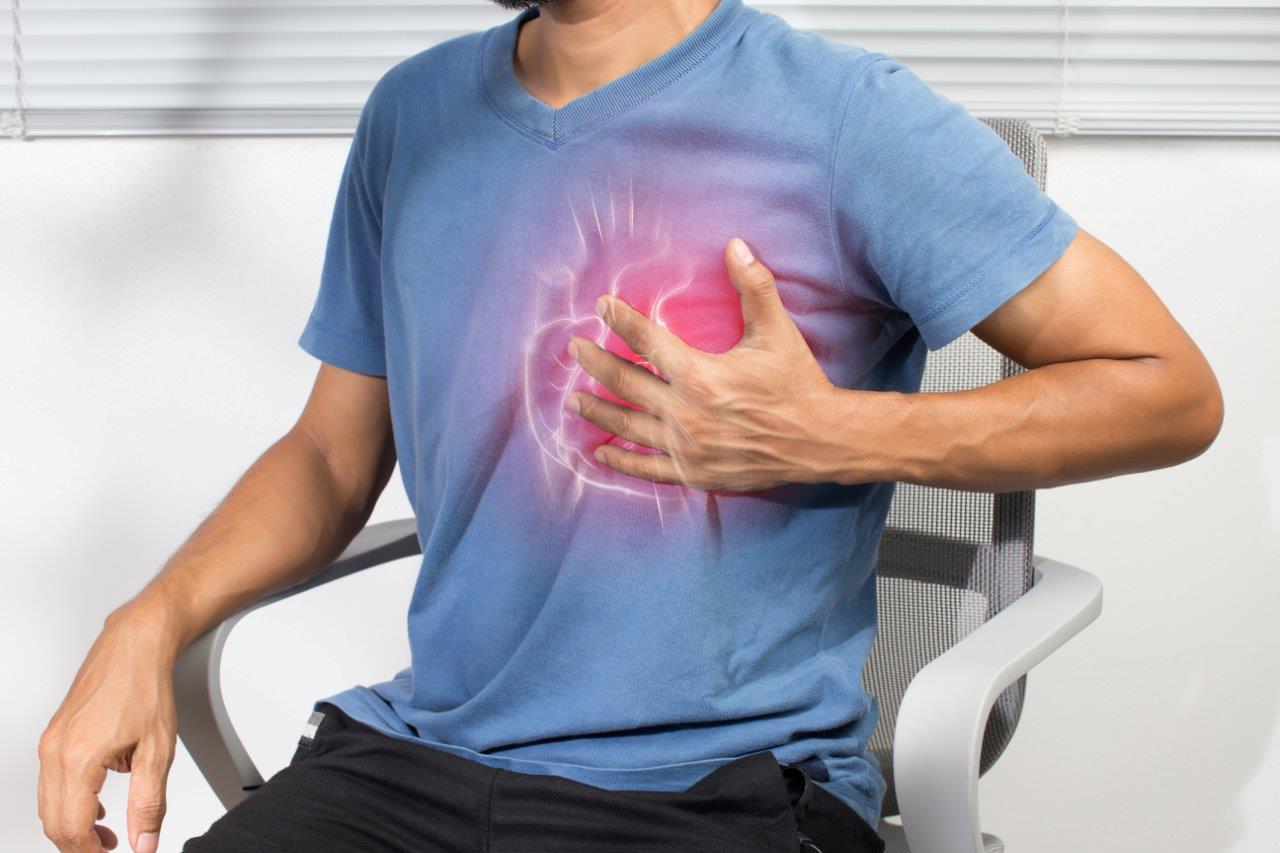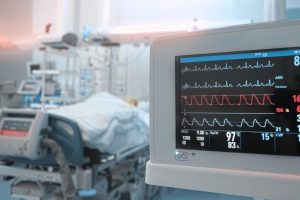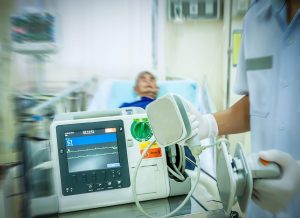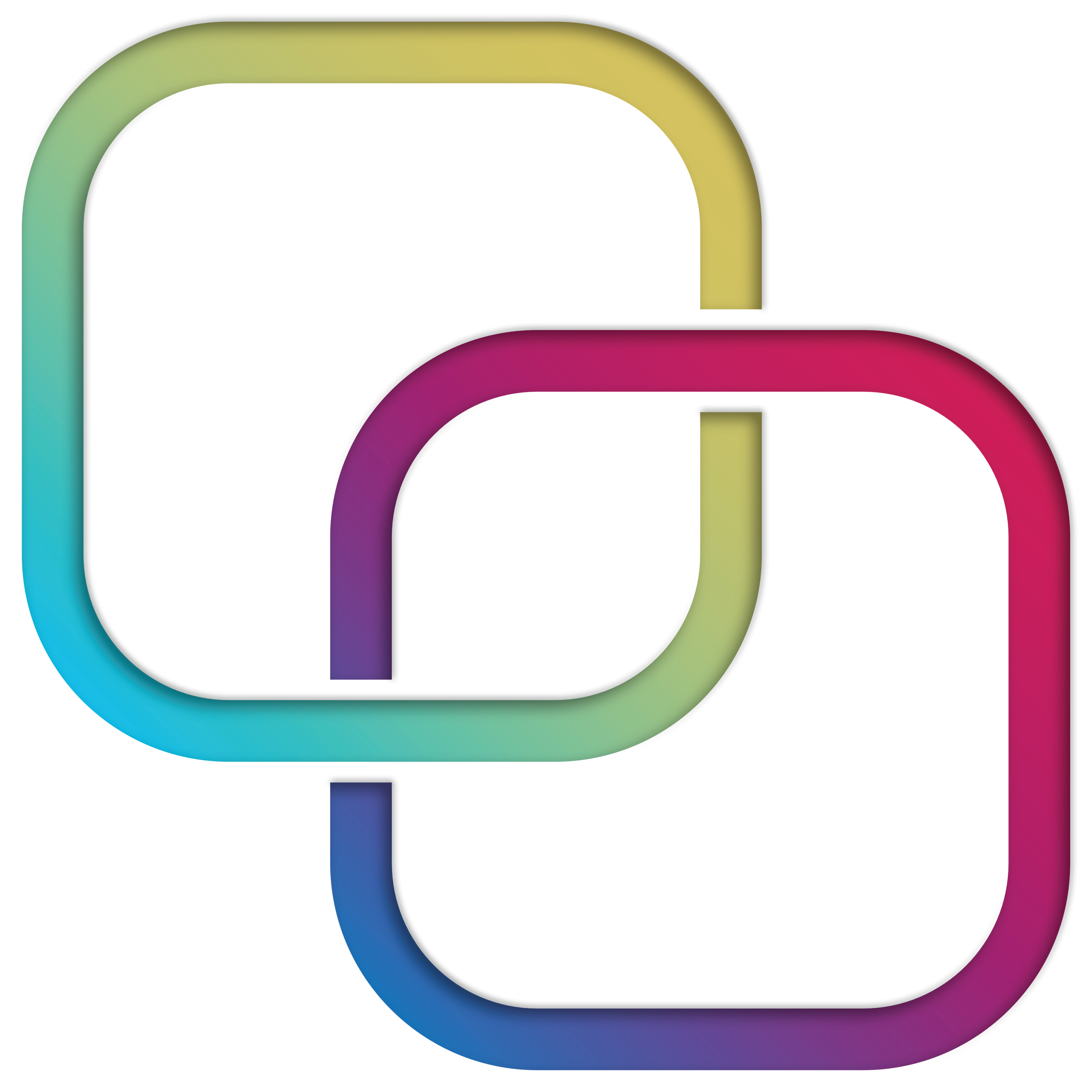
Cardiac Emergency Service in Dubai at Emirates Hospitals Group. We offer round-the-clock, lifesaving care for patients experiencing acute heart-related conditions. As heart disease remains one of the leading causes of mortality worldwide, timely and effective emergency response is crucial. Our ER department is equipped with state-of-the-art technology and staffed by a team of highly skilled cardiologists, emergency physicians, and specialized nurses. Whether it is a heart attack, arrhythmia, or chest pain, our cardiac emergency service is designed to provide rapid diagnosis and immediate treatment, ensuring the highest chance of recovery. We take pride in delivering compassionate, patient-centered care, aiming to save lives and minimize complications from cardiac emergencies.

Types of Cardiac Emergencies
Cardiac emergencies require immediate medical attention and can include a range of serious conditions, such as:
- Heart Attack (Myocardial Infarction): A heart attack occurs when blood flow to a part of the heart muscle is blocked, often due to a blood clot or plaque buildup in the coronary arteries. Symptoms include chest pain, shortness of breath, and pain radiating to the arm or jaw. Rapid intervention is critical to minimize heart damage.
- Cardiac Arrest: Cardiac arrest is a sudden loss of heart function, leading to loss of consciousness and breathing. It is a life-threatening condition that requires immediate CPR (cardiopulmonary resuscitation) and defibrillation. Without prompt treatment, cardiac arrest can be fatal.
- Angina: Angina is chest pain caused by reduced blood flow to the heart. While it is not usually life-threatening, it can be a warning sign of an impending heart attack. Angina can be stable (predictable) or unstable (sudden and severe), and the latter requires emergency evaluation.
- Arrhythmias: Arrhythmias are irregular heartbeats that can be too fast (tachycardia), too slow (bradycardia), or erratic. Severe arrhythmias can lead to dizziness, fainting, or even cardiac arrest, necessitating immediate medical attention.
- Congestive Heart Failure (CHF): CHF occurs when the heart is unable to pump blood effectively, leading to fluid buildup in the lungs and other parts of the body. Symptoms include severe shortness of breath, swelling, and fatigue. Acute exacerbations of heart failure require prompt treatment to prevent complications.
- Hypertensive Emergency: A hypertensive emergency is a sudden, severe increase in blood pressure that can cause damage to the heart, blood vessels, and other organs. Immediate intervention is needed to lower blood pressure and reduce the risk of stroke or heart attack.

Treatment
At Emirates Hospitals Group, our approach to treating cardiac emergencies is swift, comprehensive, and patient-focused. The treatment process typically involves:
- Rapid Assessment and Triage: Upon arrival, patients experiencing cardiac symptoms are immediately assessed by the triage team to determine the severity of their condition. Vital signs are monitored, and an initial ECG (electrocardiogram) is performed to identify heart rhythm abnormalities or signs of a heart attack.
- Advanced Diagnostics: Our ER is equipped with advanced diagnostic tools, including ECG, echocardiography, blood tests, and cardiac enzyme analysis, to quickly and accurately diagnose the issue.
- Medication and Stabilization: Based on the diagnosis, medications such as blood thinners, pain relievers, or drugs to control heart rate and blood pressure may be administered. For patients with heart attacks, thrombolytic therapy (clot-busting drugs) may be used to restore blood flow.
- Emergency Interventions: In severe cases like cardiac arrest or life-threatening arrhythmias, immediate interventions such as CPR, defibrillation, or electrical cardioversion are performed. For heart attack patients, emergency angioplasty or stenting may be required to open blocked arteries.
- Continuous Monitoring and Care: Patients are continuously monitored for any changes in their condition. If necessary, they are admitted to the Intensive Care Unit (ICU) or the Coronary Care Unit (CCU) for further observation and specialized care.

ER Team
The success of our Cardiac Emergency Service at Emirates Hospitals Group is attributed to our dedicated and highly skilled medical team. Our ER department features:
- Board-Certified Cardiologists: Our cardiologists are experts in diagnosing and treating a wide range of heart conditions. They are available 24/7 to handle even the most complex cardiac emergencies.
- Emergency Physicians: Our emergency doctors are trained to rapidly assess, stabilize, and treat critical cardiac conditions. They collaborate closely with the cardiology team for comprehensive patient care.
- Specialized Cardiac Nurses: Our nursing staff has specialized training in cardiac care, providing expert support during emergency procedures and patient monitoring.
- Support Staff: Our team includes radiologists, lab technicians, and other healthcare professionals who play an integral role in diagnosing and managing cardiac emergencies.
Frequently Asked Questions
If you experience sudden chest pain, discomfort, or pressure, seek immediate medical help. Call emergency services or go to the nearest ER for evaluation.
Heart attack symptoms often include chest pain, shortness of breath, and pain radiating to the arm or jaw. Heartburn usually involves a burning sensation in the chest after eating. However, it is always safer to seek medical evaluation if you are unsure.
A heart attack is caused by blocked blood flow to the heart muscle, while cardiac arrest is a sudden cessation of heart function. Cardiac arrest is a medical emergency requiring immediate CPR and defibrillation.
Chest pain should always be treated as a medical emergency. Delaying treatment can increase the risk of severe complications or death, especially if it is a heart attack.
Request an appointment
Please complete the details and we will book you shortly.
Request an appointment
Please complete the details and we will book you shortly.

